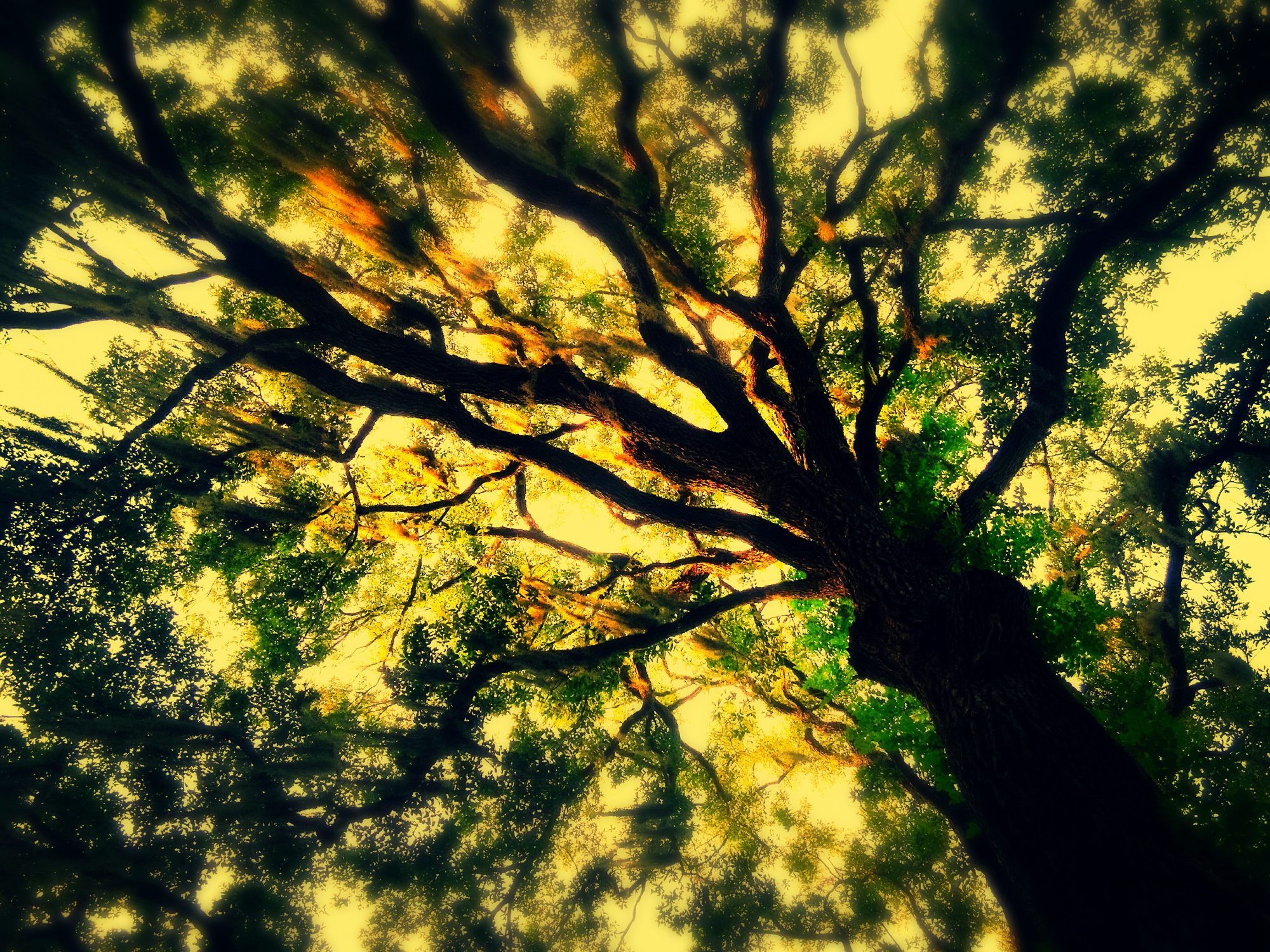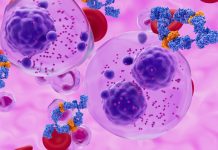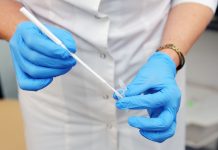In a surprising turn of events, Prince Harry’s public endorsement of the transformative power of psychedelic therapy has triggered a psychedelic resurgence in the UK
Esteemed scientists from past decades are revisiting psychedelic substances like LSD, while media outlets showcase stories of individuals finding relief from depression through psychedelic experiences.
This newfound acceptance of psychedelics extends beyond counterculture circles, with prominent figures advocating for the medical legalization of psilocybin.
However, as the psychedelic industry booms, questions arise surrounding false hope and commercialization.
The history of psychedelic therapies
Magic mushrooms and LSD burst onto the American counterculture scene in the mid-20th century, and scientists have been captivated ever since.
However, President Richard Nixon’s 1971 declaration of a “war on drugs” stifled research, and subsequent campaigns like Nancy Reagan’s “Just Say No” further demonized psychedelic substances.
Recently, the public has lost faith in pharmaceutical products, such as valium and selective serotonin reuptake inhibitors (SSRIs). This has prompted a shift toward alternative treatments rooted in natural approaches.
This changing landscape, coupled with disillusionment surrounding traditional antidepressants, has fueled curiosity and renewed interest in psychedelic therapies.

Psychedelic therapy: An alternative to long-term reliance on prescription medications
Advocates argue that psychedelic therapies hold untapped potential for addressing mental health issues, particularly in cases where traditional treatments have fallen short.
Studies have shown promising results, such as a significant decrease in depressive symptoms following psilocybin treatment in patients who had not responded to conventional therapies.
The goal is to provide alternatives to long-term reliance on prescription medications
Additionally, research on the psychoactive brew ayahuasca, containing the active compound DMT, has indicated promising antidepressant effects.
Proponents of carefully designed psychedelic therapy and treatment argue that it could offer a novel approach to interventional psychiatry, where patients undergo intensive therapy over a limited period.
The goal is to provide alternatives to long-term reliance on prescription medications.
Psychedelic therapy is not without its critics, and challenges
Critics raise valid concerns about the evidence base for psychedelic therapies.
Many studies are small-scale and difficult to blind, making it challenging to separate the effects of the psychedelic substance from the placebo.
For instance, a 2021 trial found no significant difference between psilocybin and the antidepressant escitalopram. However, psilocybin did show higher remission rates.
Furthermore, the recent boom in “microdosing” studies revealed that perceived benefits could largely be attributed to the placebo effect.
Sceptics caution against selling psychedelics as a quick fix or magic cure, emphasizing the importance of comprehensive research and evidence-based approaches.
The psychedelic industry from a financial perspective
Despite the nascent stage of psychedelic medicine research and the well-known dangers of recreational drug use, investors remain optimistic.
The global psychedelic drugs market is projected to reach $10.75 billion by 2027, up from $4.75 billion in 2020.
The Conservative Drug Policy Reform Group has secured significant funding, primarily via companies with vested interests in the field.
While the financial success of the industry does not solely rely on the efficacy of psychedelic therapies, the perception of their magical properties contributes to market growth.
The mushroom boom includes non-hallucinogenic “functional” mushrooms
Like the legal cannabis market, which expanded beyond psychoactive marijuana to encompass various CBD-infused products, the mushroom boom includes non-hallucinogenic “functional” mushrooms.
Placebo effects and the allure of natural alternatives play a significant role in shaping the market landscape.

A growing openness to alternative therapies
The resurgence of psychedelics in mainstream society reflects shifting attitudes toward mental health treatment and a growing openness to alternative therapies.
While psychedelic therapies show promise, rigorous research and large-scale studies are necessary to confirm their efficacy and safety.
Responsible regulation, grounded in scientific evidence, is essential to prevent the proliferation of false hope and the commercialization of psychedelic substances.
As the psychedelic industry continues to evolve, striking a balance between innovation, evidence-based practices, and ethical considerations will be crucial to harnessing the potential of these substances to really improve mental health care.











